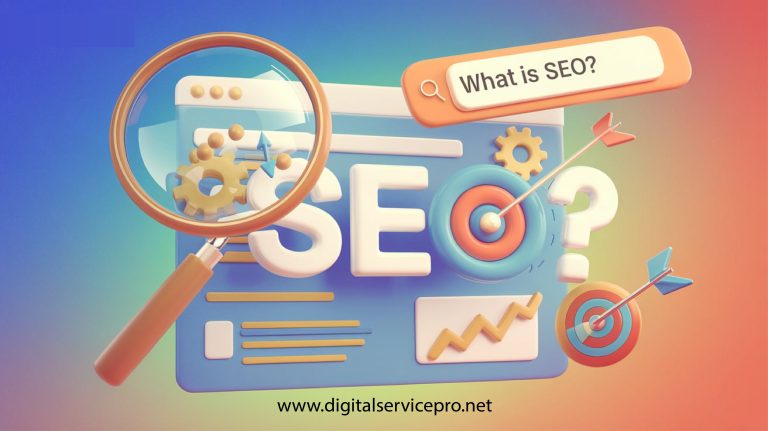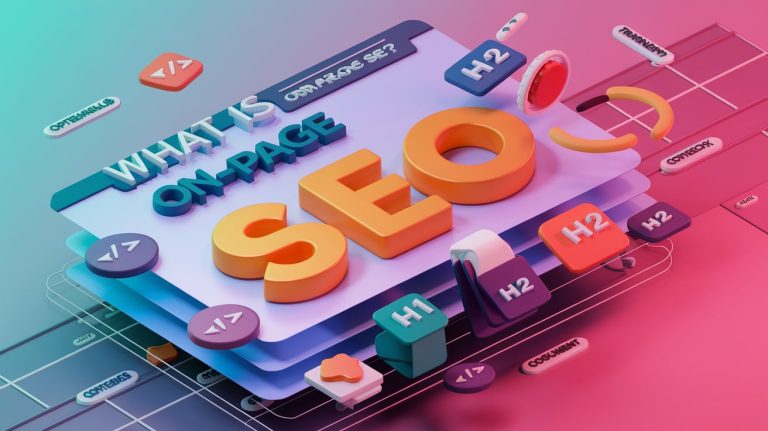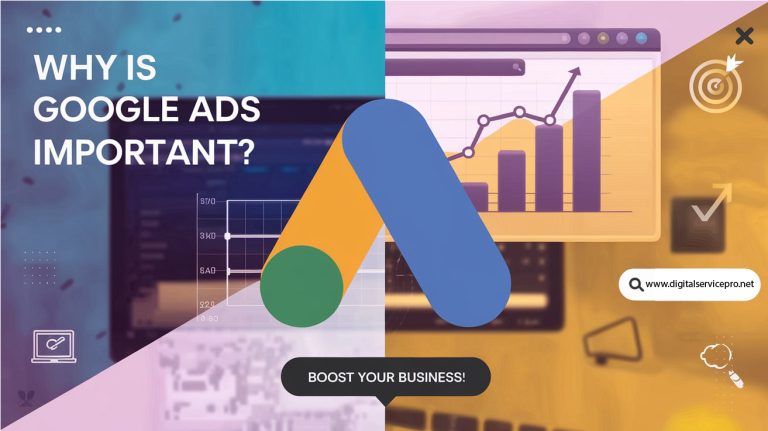What is Digital Marketing?
Digital marketing is the practice of promoting products, services, or brands using digital channels, such as search engines, social media, email, websites, and mobile apps. It involves strategies like SEO, content marketing, social media marketing, email marketing, and online advertising to reach and engage target audiences. Digital marketing allows businesses to connect with customers online, measure performance, and optimize campaigns for better results.

Digital marketing encompasses a wide range of online strategies and techniques designed to connect with potential customers where they spend much of their time: online. It leverages various digital platforms and technologies to create, distribute, and analyze marketing content, enabling businesses to target specific demographics, track engagement, and adjust strategies in real-time for maximum effectiveness.
Key Components of Digital Marketing:
- Search Engine Optimization (SEO):
- Definition: The process of optimizing a website to rank higher in search engine results pages (SERPs), increasing organic (non-paid) traffic.
- Techniques: Includes keyword research, on-page optimization, link building, and technical SEO.
- Content Marketing:
- Definition: Creating and distributing valuable, relevant content to attract and engage a target audience.
- Formats: Blogs, articles, videos, infographics, ebooks, podcasts, and more.
- Goals: Establishing authority, building trust, and driving customer action.
- Social Media Marketing:
- Definition: Using social media platforms like Facebook, Instagram, Twitter, LinkedIn, and TikTok to promote products and engage with customers.
- Strategies: Includes organic posts, paid ads, influencer partnerships, and community engagement.
- Benefits: Increases brand visibility, fosters direct interaction, and drives traffic.
- Email Marketing:
- Definition: Sending targeted messages to a group of subscribers via email to nurture leads, inform customers, and drive sales.
- Types: Newsletters, promotional emails, transactional emails, and automated email sequences.
- Personalization: Tailoring content based on user behavior and preferences to increase engagement.
- Pay-Per-Click (PPC) Advertising:
- Definition: A form of online advertising where businesses pay a fee each time their ad is clicked.
- Platforms: Google Ads, Bing Ads, social media platforms, and display networks.
- Advantages: Provides immediate visibility, precise targeting, and measurable results.
- Affiliate Marketing:
- Definition: A performance-based marketing strategy where businesses reward affiliates for driving traffic or sales through their marketing efforts.
- How It Works: Affiliates promote products through their channels, earning a commission for each sale generated.
- Influencer Marketing:
- Definition: Partnering with influencers—individuals with a large, engaged following—to promote products or services.
- Benefits: Leverages trust and credibility, reaching specific demographics through authentic recommendations.
- Video Marketing:
- Definition: Using video content to promote products, explain services, or share brand stories.
- Platforms: YouTube, social media, websites, and streaming services.
- Impact: Increases engagement, enhances brand recall, and drives conversions.
- Conversion Rate Optimization (CRO):
- Definition: The process of improving the percentage of website visitors who complete desired actions (e.g., making a purchase, signing up for a newsletter).
- Methods: A/B testing, user experience enhancements, and optimizing landing pages.
- Analytics and Data Measurement:
- Importance: Tracking and analyzing data from digital marketing campaigns to understand performance and make data-driven decisions.
- Tools: Google Analytics, social media analytics, and marketing automation platforms.
- Metrics: Includes website traffic, conversion rates, click-through rates (CTR), and return on investment (ROI).
Benefits of Digital Marketing:
- Global Reach: Access to a worldwide audience, regardless of geographical location.
- Targeted Campaigns: Ability to target specific audiences based on demographics, interests, behaviors, and more.
- Cost-Effectiveness: Often more affordable than traditional marketing methods, with flexible budgeting options.
- Measurable Results: Detailed tracking and analytics allow for precise measurement of campaign performance.
- Personalization: Tailoring content and offers to individual users based on their preferences and behaviors.
- Engagement: Facilitates direct interaction with customers through social media, email, and other digital channels.
- Adaptability: Quick and easy adjustments to campaigns based on real-time data and feedback.
Conclusion:
Digital marketing is essential in today’s business landscape, offering numerous channels and strategies to effectively reach and engage with a broad or targeted audience. It provides businesses with the tools to build their brand, drive traffic, generate leads, and increase sales, all while offering detailed insights into the effectiveness of their marketing efforts.



